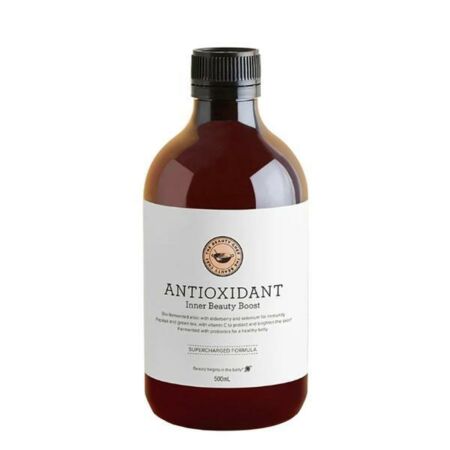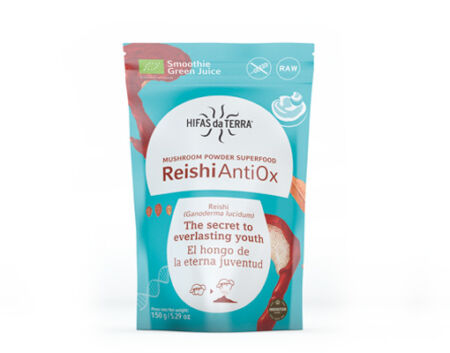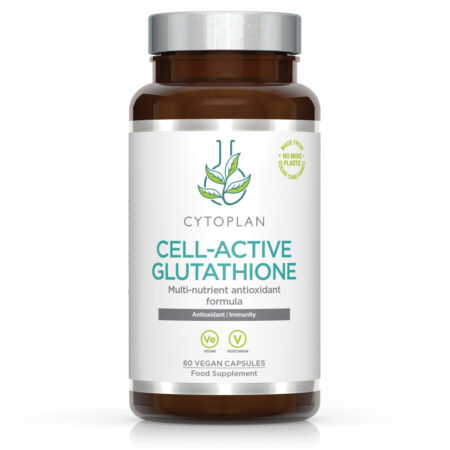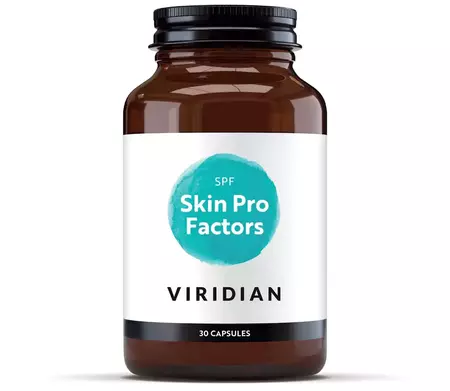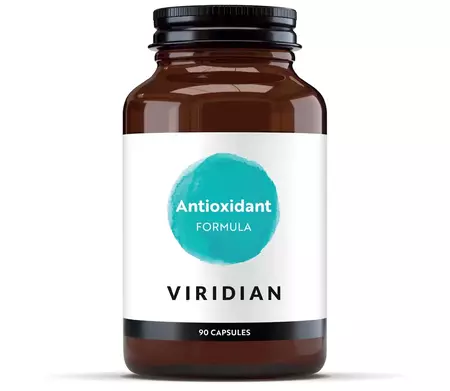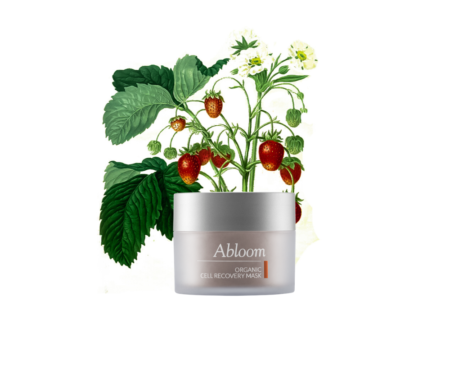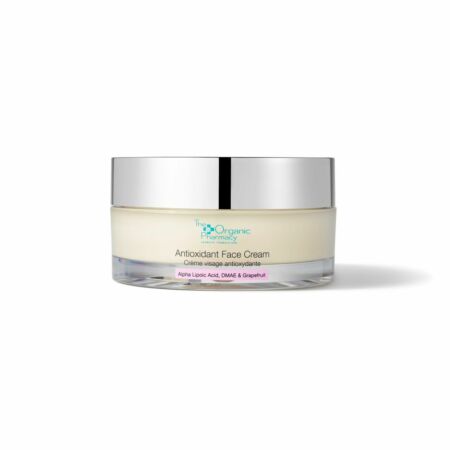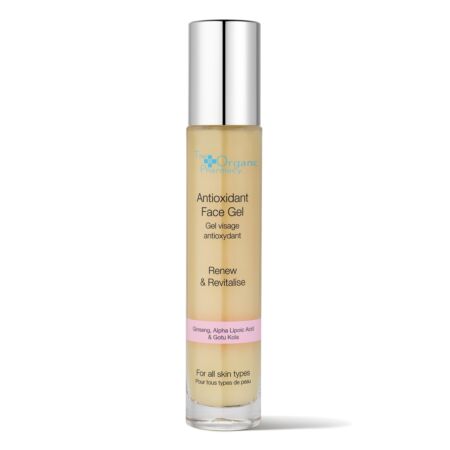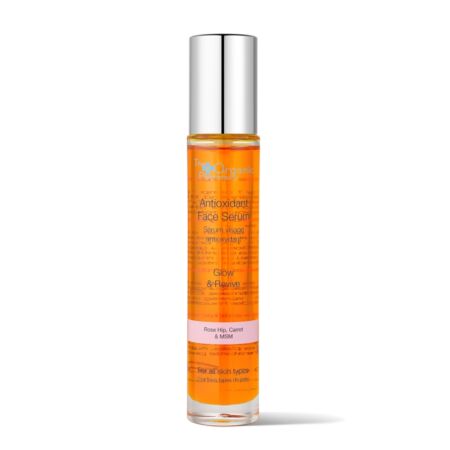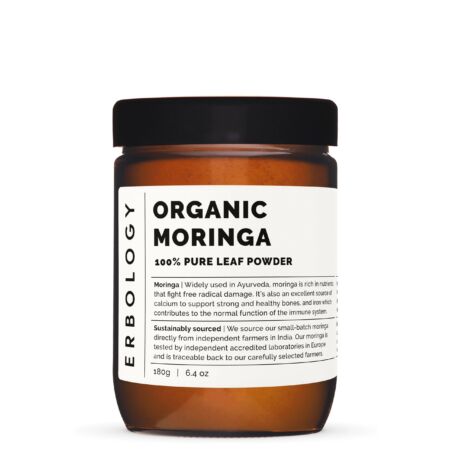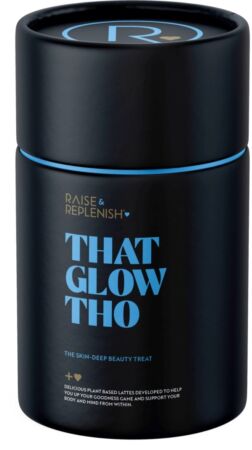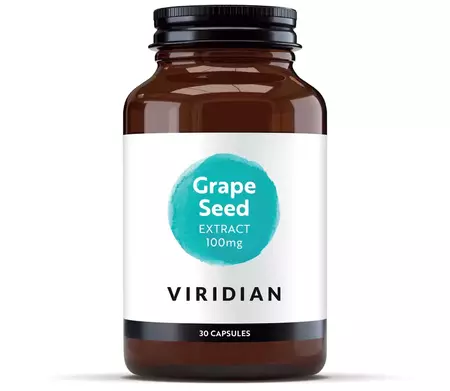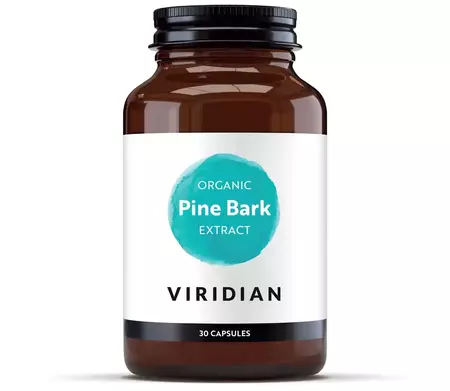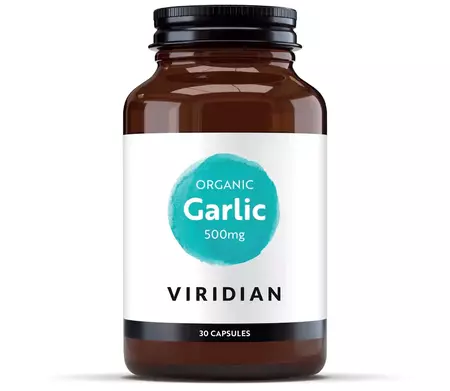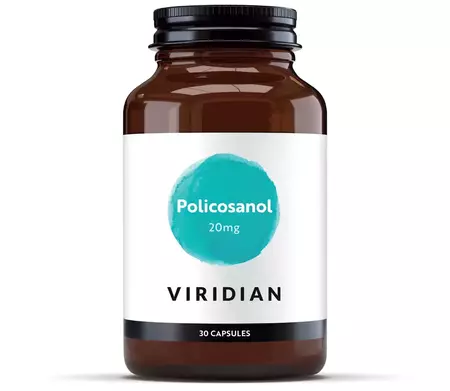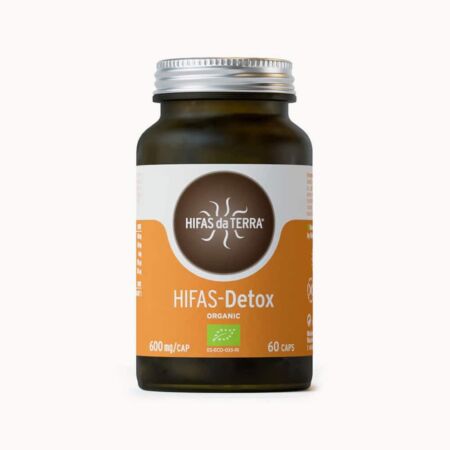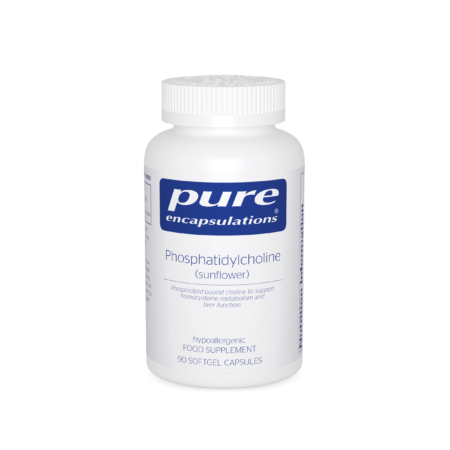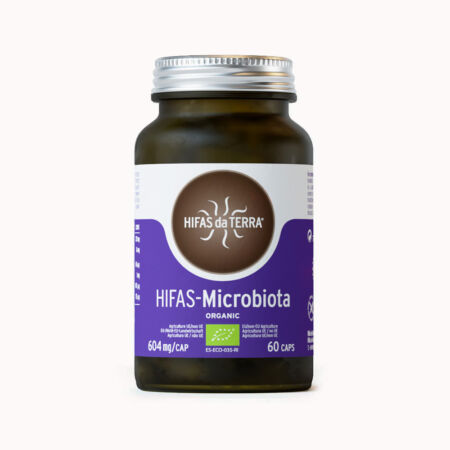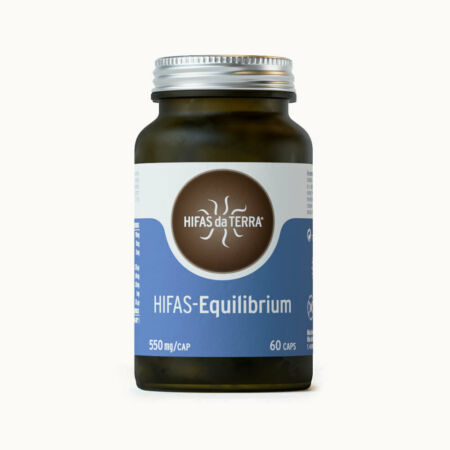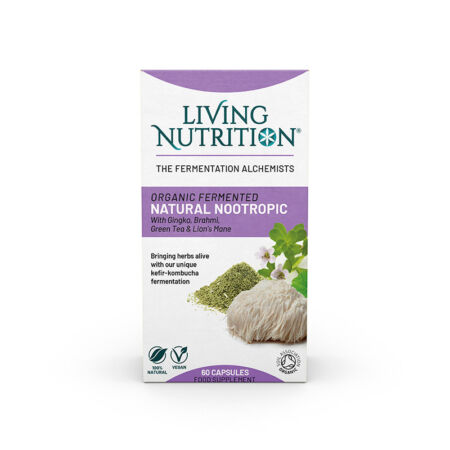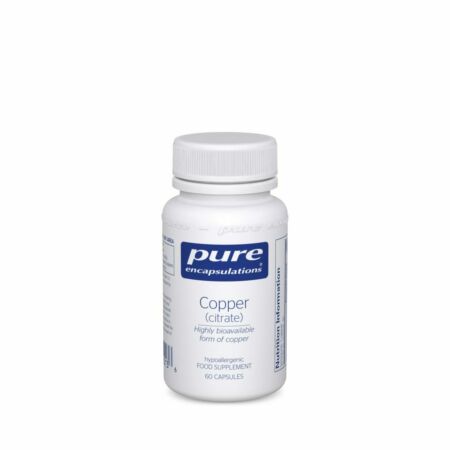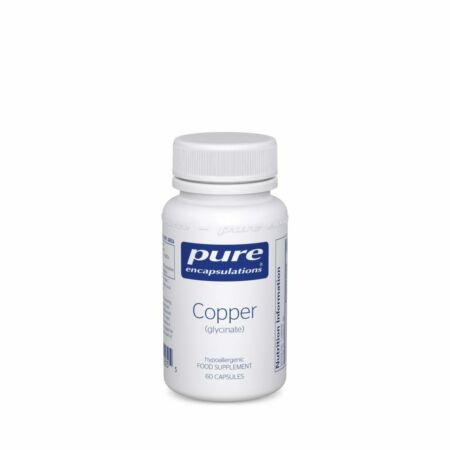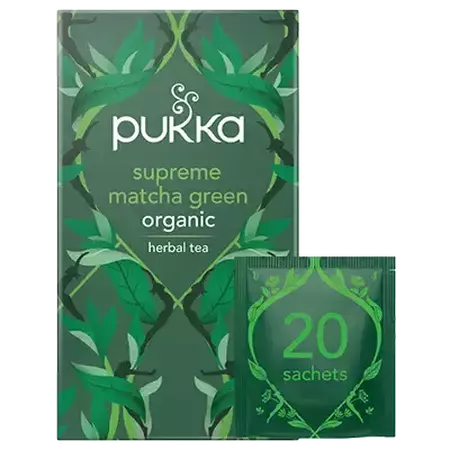Antioxidants are substances that can prevent or slow damage to cells caused by free radicals. These slightly “toxic” plant compounds actually bolster our health and resilience, and are thus of note in nutritional therapy for diet and supplemental use
What are antioxidants?
Antioxidants are molecules that fight free radicals in your body.
Free radicals are compounds that can cause harm if their levels become too high in your body; this is linked to multiple illnesses, including diabetes, heart disease, and cancer.
Antioxidants are also found in food, especially in fruits, vegetables, and other plant-based, whole foods.
Most antioxidants come from plant sources. Phytochemicals are chemical compounds produced by plants that help the plants defend themselves against pathogens and herbivorous animals, disease, and UV light from the sun, while also regulating critical aspects of plant health such as metabolism and pollinator attraction.
However, throughout our history, animals and humans have evolved to gain certain health benefits through the consumption of plants, so these slightly “toxic” plant compounds actually bolster our health and resilience.
Antioxidants in the diet and in supplemental form
Allicin
Demonstrates potent antimicrobial properties, including antifungal and antibacterial activity. It also demonstrates beneficial effects on metabolic health, including blood lipid levels. Try Allicin Max
Anthocyanins
Anthocyanins give certain plants their deep red, purple, and blue colours, examples include: blueberries, blackberries and purple sweet potatoes. Anthocyanins appear to exert antioxidant activity in tissues throughout the body, ranging from the cardiovascular system to the brain [I]. Try Aronia Berry Powder - Raw Organic
Berberine
Berberine is a bitter compound found in the roots of Berberis species plants, including Oregon grape and barberry. It exerts beneficial effects, largely in preventing conditions including heart attack, stroke and diabetes. Berberine (60 capsules)
Carotenoids
Carotenoids give plants yellow, orange and red colours. Three types of carotenoids found in plants are beta-carotene, lutein, and zeaxanthin. Carrots, sweet potatoes, and red, orange, and yellow bell peppers are among the vegetables richest in carotenoids. Carotenoids have long been known for protective benefits in eye health. They also have beneficial effects on skin and overall antioxidant balance in the body, by helping to rejuvenate the activity of other circulating antioxidants [ii]. Beta Carotene Complex
Curcumin
Curcumin is found in turmeric roots. It has antioxidant to anti-inflammatory actions in the body and is known for its potential to prevent disease. Curcumin Extract - Organic
Glucosinolates: Glucosinolates are sulphur-containing chemical groups found primarily in cruciferous vegetables such as broccoli, cauliflower and kale. They are protective against oxidative damage and offer benefits for liver health when consumed regularly. BioSnacky - Broccoli Seeds (30g)
Green Tea Polyphenols: Green tea contains several polyphenols, including catechin, epicatechin and epigallocatechin gallate (EGCG). These polyphenols have effects ranging from hormone-balancing to neuroprotective properties. Green Tea 500mg
Quercetin: Quercetin is a polyphenol found in, onions, apples, capers and berries. Quercetin (60 Caps)
Resveratrol: Resveratrol is another polyphenol but is found primarily in red grapes, red wine, peanuts and blueberries. In one study, a single 100 mg dose of resveratrol was sufficient to induce anti-inflammatory effects. For reference, a glass of red wine contains only 1.9 mg of resveratrol, therefore, it is recommended that resveratrol is acquired supplementally[iii]. Resveratrol has effects ranging from antioxidant activity to anti-obesity effects[iv] [v]. Resveratrol (60 Caps)
MSM: (Methylsulfonylmethane) MSM significantly reduces inflammation in your body[i]. MSM Flakes (200g)
CoQ10: Coenzyme Q10 helps generate energy in your cells. The body produces CoQ10 naturally, but its production tends to decrease with age. Fortunately, you can also get CoQ10 through supplements and certain foods[ii]. CoQ10 120mg (60 caps)
Astaxanthin: Astaxanthin is a carotenoid pigment that occurs in trout, microalgae, yeast, and shrimp, among other sea creatures. A comparison study of astaxanthin and other carotenoids showed that it displayed the highest antioxidant activity against free radicals[iii]. Astaxanthin (4mg) / Bilberry, Lutein & Astaxanthin Complex.
Glutathione: Glutathione is an antioxidant naturally produced in cells. It’s comprised of three amino acids: glutamine, glycine, and cysteine. Glutathione deficiency leads to increased levels of oxidative stress[iv]. Cell Active Glutathione (60 caps)
Within the Reishi mushroom, there are several molecules, including triterpenoids, polysaccharides and peptidoglycans, that may be responsible for its health effect. Try Reishi AntiOx Mushroom Powder Superfood (100g)
Selenium is an essential mineral, meaning it must be obtained through your diet. Selenium may also lower markers of inflammation in your body. It increases levels of glutathione peroxidase, a powerful antioxidant[v]. Selenium Plus Food Grown (30 caps)
What are the main health benefits of antioxidants?
Antimicrobial
Phytonutrients including quercetin, apigenin, luteolin, and fisetin demonstrate antiviral properties by inhibiting viral entry into host cells and interfering with viral replication[vi].
Brain health
Phytochemicals support nerve function in the brain and may aid in the prevention of neurodegenerative diseases such as dementia. Studies have shown antioxidants such as sulforaphane, quercetin and apigenin to have positive activity on neuroplasticity; a term to describe the brain's ability to modify, change, and adapt both structure and function throughout life and in response to experience. Try BioSnacky - Broccoli Seeds (30g)
Cardiometabolic health
‘Cardiometabolic risk; is a term used to describe the common risk factors that influence the progression of heart disease and diabetes, including:
Hypertension
Elevated fasting blood sugar
Dyslipidaemia
Abdominal obesity
Elevated triglycerides
Garlic, resveratrol and berberine are potent in protecting against cardiometabolic risk factors via reductions in blood pressure, LDL cholesterol (bad cholesterol) and fat content in the blood.
Chemoprevention
Cancer development is described as uninhibited cellular growth and proliferation. Phytochemicals can counter abnormal cell growth and proliferation and may thus offer chemopreventive properties. Apigenin, found in many plants promotes programmed cell death of cancer cells[vii]. Sulforaphane, a compound found in cruciferous vegetables and in particularly high amounts in broccoli sprouts, has chemopreventive properties via its actions on the cell life cycle [viii]. Curcumin, resveratrol, lycopene, and green tea polyphenols also demonstrate inhibitory effects on cell growth and proliferation and epigenetically regulate genes involved in cancerous cell growth[ix].
Detoxification
Our main organ of detoxification is the liver. By mildly stressing our bodies, phytochemicals naturally upregulate our detoxification pathways. Examples include sulforaphane, which helps the body detoxify airborne pollutants [x]. Other phytochemicals, such as curcumin and ellagic acid, balance liver detoxification, preventing “backups” in the body’s detoxification process [xi].
Gut health
Phytonutrients such as quercetin may improve intestinal barrier integrity, repair “leaky gut,” and increase microbial diversity in the large intestine.[xii]
Our top picks for antioxidant intake
Antioxidant Inner Beauty Boost (500ml)
Antioxidant Boost (60 caps)
Antioxidant Nutrient Complex
Antioxidant Formula
Ultimate Beauty Skin Hydration
S.P.F. Skin Pro-Factors



